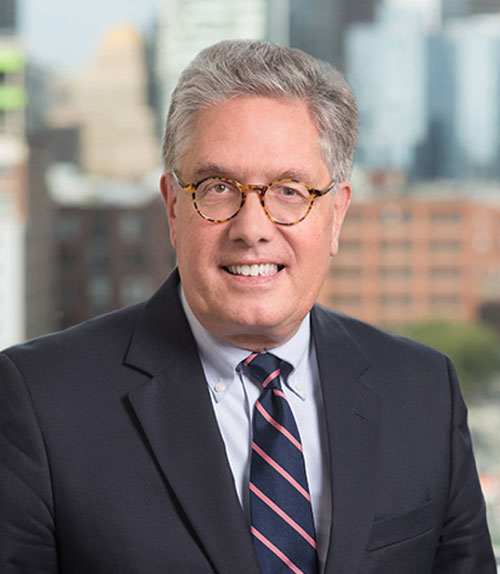
TIM ADAMS
President & CEO, The Institute of International Finance
'Regulatory Refresh Requirements'

CLARE BOLINGFORD
Director of Banking & Insurance, New Zealand FMA
Addressing the blind spots

MOTONOBU MATSUO
Secretary-General, Japan SESC
Japan’s ‘Digitalization’ agenda

ONG-ANG AI BOON
Director, Association of Banks in Singapore
'Our inaugural Banking Trust Index'

BRIAN BROOKS
Former Acting U.S. Comptroller of the Currency
The role of tech in supervision

MARK ROE
Head of Risk Culture, Australian Prudential Regulation Authority
Our approach to transforming risk culture

ALISON COTTRELL
CEO, Financial Services Culture Board
Organisational resilience and banking culture

KATHERINE GIBSON
Member of the FSCA Transitional Management Committee
Our culture & conduct reform journey

JONATHAN DAVIDSON
Former Director, UK FCA
Supervisory interests in corporate purpose

CHRIS WHITEHEAD
CEO, FINSIA
Professionalization of the Australian banking sector

MICHAEL HELD
EVP, Legal Group, NY Federal Reserve Bank
The lawyer’s role in bank culture reform

CHRIS WOOLARD
Former Interim CEO, UK FCA
‘Outcomes Based Regulation’

HO HERN SHIN
Deputy Managing Director Financial Supervision, MAS
Trust, integrity & technology in banking

































